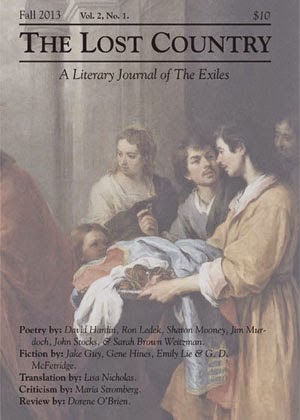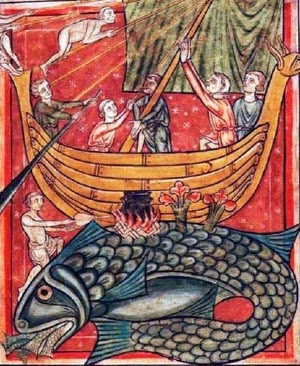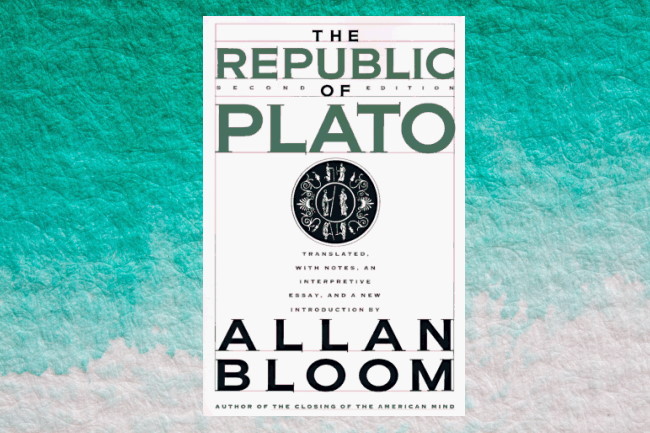A New Look & a New Reading Opportunity

Welcome to the new and (I hope) improved look for this blog. Please look around and check things out -- let me know if anything is not working properly. I've created the refurbished look in anticipation of returning to blogging on a more regular basis. Even though most of my writing for the past year or so has been work on the novel, not the blog, I've been reading lots of interesting things and hope to find time to write about them soon. Meanwhile, I thought I would let you know about something else you might like to read -- the online edition of The Lost Country , a literary journal published twice yearly by The Exiles, a literary club founded by former students of the (now, sadly, defunct) College of Saint Thomas More in Fort Worth. I had an essay published in their debut issue a couple of years back (which I mentioned in an earlier post ). The most recent edition also contains something of mine -- a translation of some short fables by Argentine writer Marco Denevi, f

